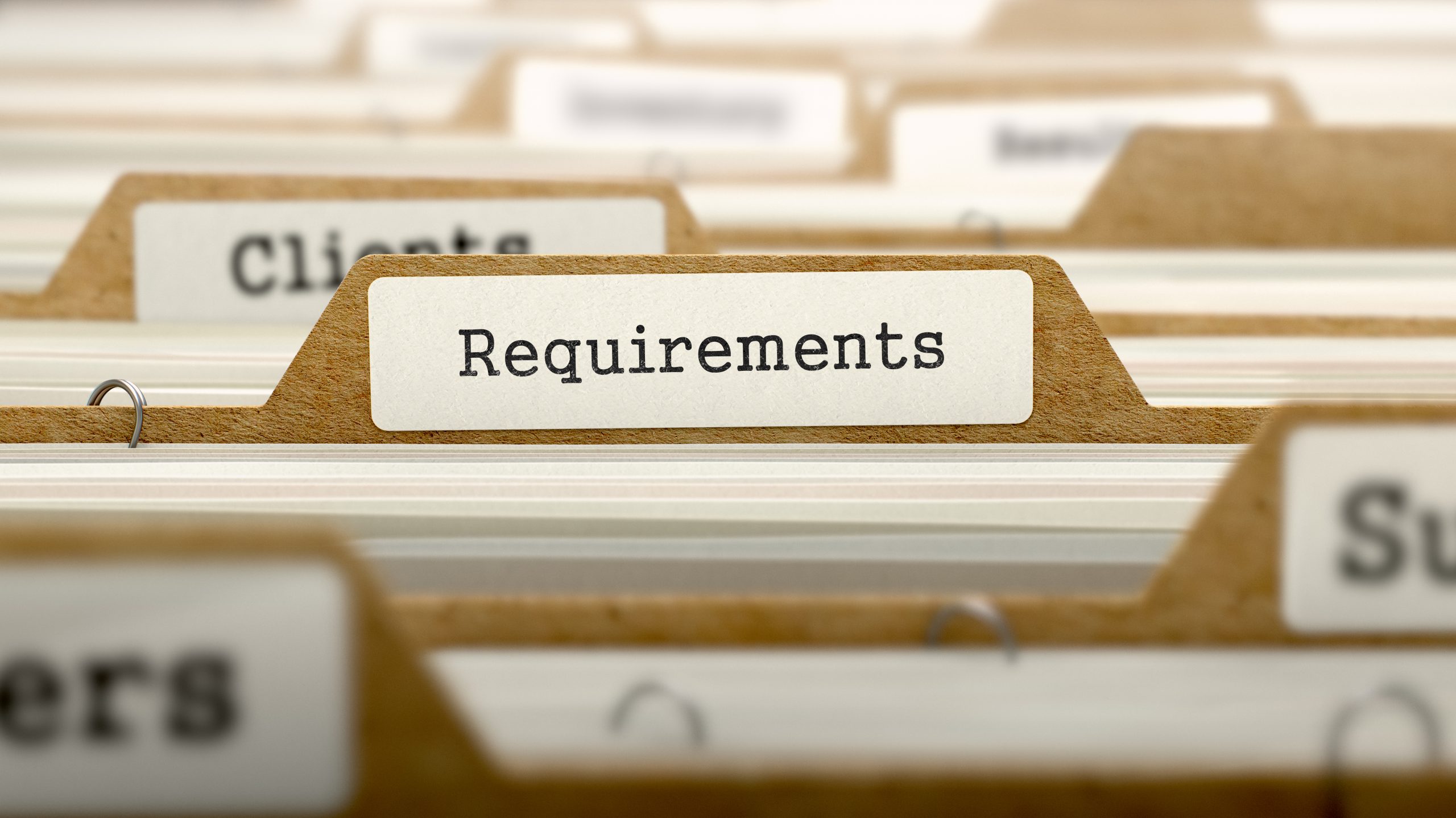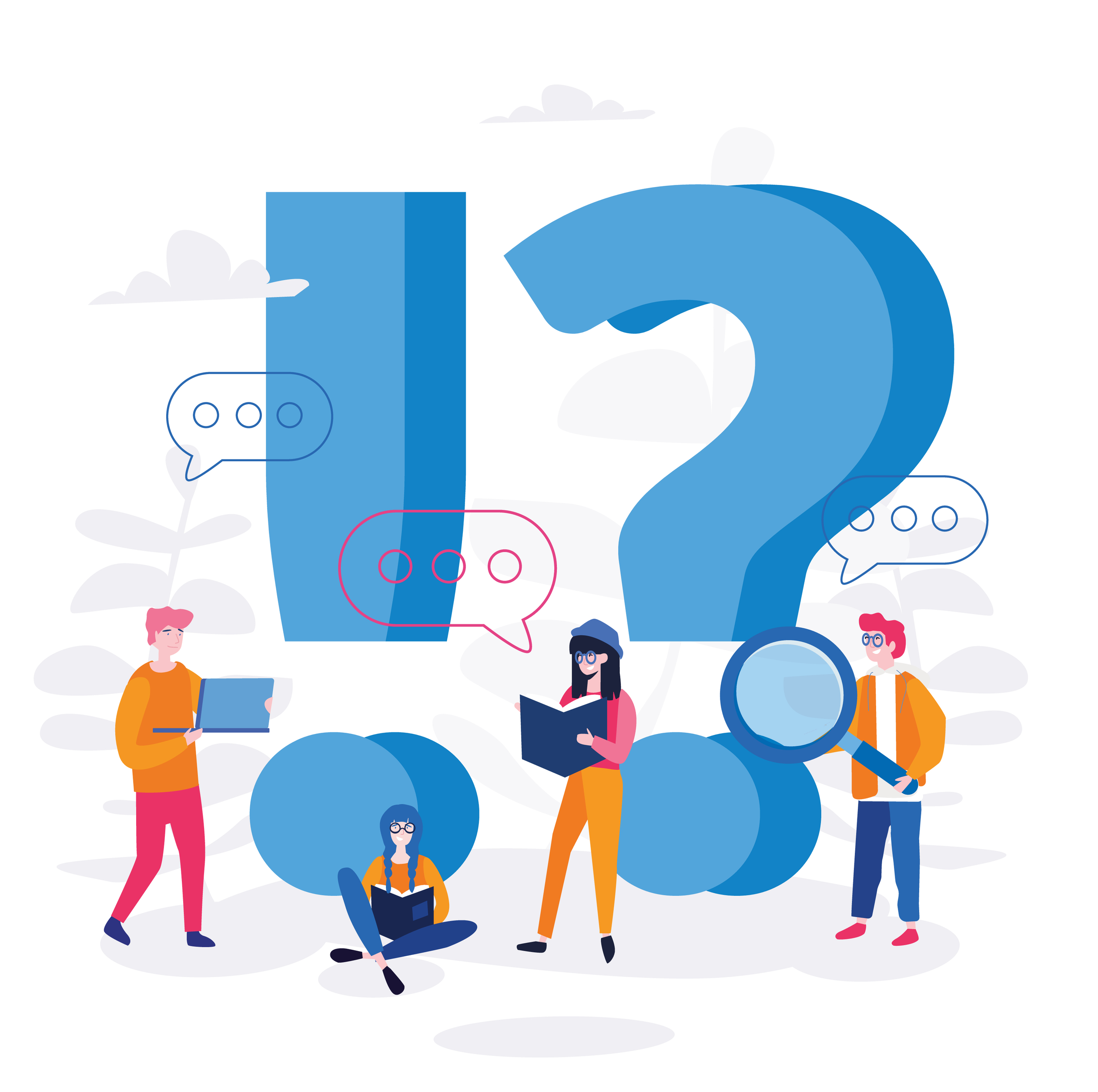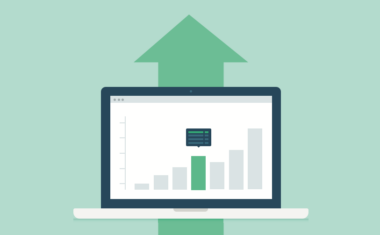How to Become a BI Developer in 2023: Tips & Advice

In this article
Business intelligence (BI) development is an increasingly important role across organizations of all sizes. As companies generate more and more data, BI developers serve the critical function of bridging large volumes of inscrutable raw information with the data analysts, data scientists, product managers, and executives seeking to make sense of that information. Because of this, BI developers are among the most impactful professionals within the field of data science, with the Bureau of Labor Statistics forecasting 9% in job growth from 2018-2028.
As companies understand the value of business intelligence developers and BI salaries become increasingly competitive, there’s never been a better time to enter the field. Read on to find out everything you need to know about a career in BI development.
What Is Business Intelligence?

Business intelligence refers to the tools and techniques used to transform data into actionable insights. It helps to think of BI as having three distinctive components or “layers”. The first layer of business intelligence is the data source layer, which is where an organization’s raw data is stored. In this layer, the volume of data is usually overwhelming, difficult to search, and virtually impossible to make sense of.
This calls for the second layer of BI, which is data warehousing. Warehousing standardizes the data into a coherent format so that it can be searched (or queried), organizes the data, and includes all the tools that perform ETL (Extraction, Transformation, and Loading).
The third and final layer is where BI developers come in. The reporting layer, which includes the interface that allows users to access the data, is designed, built, and maintained by BI developers.
What Does a BI Developer Do?

As previously mentioned, BI developers are responsible for the reporting layer of business intelligence. This means they need to be able to research, develop, and build dashboards and other tools that enable users to run analytics, create visualizations, and build data models. Any software that makes up the reporting layer also falls within the purview of a BI developer.
About the Role of Business Intelligence Developer
Business intelligence developers are, at their core, engineers who use and develop business intelligence software and tools to make data accessible and useful for an organization. While the job description of a BI developer might differ from organization to organization, the skills and responsibilities required tend to be similar across the board.
BI Developer Job Description
BI development is a technical role that requires both knowledge of database and software development as well as business processes and requirements.
Based on common BI developer job descriptions, candidates can expect to:
- Develop, maintain and support ETL processes using tools such as Microsoft SSIS
- Develop, deploy, and maintain BI interfaces
- Create reports and extracts from SQL servers
- Develop high availability and highly scalable applications
- Translate business requirements and problems into technical solutions
- Present information through reports and visualizations that can help an organization make informed business decisions
- Document processes for future use
- Work with business analysts to curate data
BI Developer Responsibilities
A business intelligence developer is responsible for gleaning and presenting insights through data visualization, modeling, and reporting for non-technical stakeholders. The role typically involves:
- Understanding business requirements and finding insights in data
- Building interactive dashboards and reports
- Developing workflows and KPIs
- Enabling data availability for business and technical teams
BI Developer Salary
The national average salary of a business intelligence developer is around $94,368, according to Salary.com. That said, the average total compensation for BI developers can often be much higher depending on the market in which they work. For example, the average base salary for a BI developer in New York City is around $114,286, while a similar role in San Francisco commands around $132,722.
Business Intelligence Career Path

BI development is a relatively new profession, which means there isn’t one set path to a BI career. Similar to other technical professions, BI developers often get their start with a bachelor’s degree in computer science, applied mathematics, statistics, or a related field and supplement their studies with courses in programming languages, IT, or data analytics.
With these skills and certifications in hand, aspiring BI developers will either apply to junior positions in data science/data analytics or land another entry-level role in a division that will enable a lateral move. It is not uncommon for BI developers to get their start as data entry clerks, data analysts, or even junior developers because this grants them exposure to an organization’s data needs and how data is collected, organized, and utilized.
What’s It Like Working as a BI Developer?

Business intelligence developer job profiles vary widely between companies. The scope of these roles depends largely on the size of the company, the maturity of its data operations, and the volume of data collected.
At a smaller company, a BI developer might be responsible for the full business intelligence pipeline, handling everything from data storage and warehousing to interface development and performing data analysis. At a large company, a BI developer is more likely to have a narrow role in handling the reporting layer that enables data scientists and analysts within the organization to access and make sense of the collected data.
What It Takes To Become a Business Intelligence Developer

Hiring managers typically look for BI developers who have received some formal training in the field, can show they have the skills to do the job and are capable of adapting and evolving to new technologies and facing new challenges. Below are some of the requirements commonly listed in BI developer job postings.
Education
Many BI developers hold at least a bachelor’s degree in computer science, math, statistics, physics, or a related field, although this isn’t a prerequisite for working in business intelligence. Those whose degrees aren’t related to BI development or who don’t hold a degree at all should consider an online course or bootcamp that equips candidates with not only the skills needed to perform the job of a BI developer but also the analytical and critical thinking skills needed to be adaptive.
Skills
BI developers have overlapping skills with data scientists and data analysts—they can perform SQL queries, data analysis, understand analytical processing, and can identify the ways in which data can be mined for business needs. But BI developers have an added layer of skills that include software engineering, data warehouse design, and interface/dashboard development; they need to be able to communicate with and understand stakeholders’ needs so that they can build tools that will be used by people across an organization.
Qualifications
While not strictly necessary to land a job in BI development, additional certifications such as those offered by TDWI, or vendor-specific certifications offered by Oracle, Microsoft, and IBM can help set job applicants apart and assure hiring managers of their experience of industry tools and best practices.
Languages and Technologies To Know
In addition to programming languages such as Python, SQL, R, C++, and Java, BI developers frequently use business intelligence tools such as SAP Business Objects, Datapine, QlikSense, Microsoft Power BI, Looker, Oracle BI, Tableau, and IBM Cognos Analytics.
How To Become a Business Intelligence Developer

-
Take a Course
-
Get Certified
-
Build a Portfolio
-
Start From the Bottom
-
Work on Any Relevant Project You Can
-
Network Like Crazy
There are many different paths to a career in business intelligence development. Below is a common route taken by those who have landed BI developer jobs.
1. Take a Course
BI developers are first and foremost software engineers who also possess skills in data analysis and statistics, and who use their skills to build tools for data scientists and data analysts. Start by firming up your programming skills and learning programming languages used by BI developers such as Python, SQL, and R. An online course or bootcamp will help you build these foundational skills, develop your understanding of data analysis and statistics, and equip you with deep knowledge of data pipelines, frameworks, architectures, and commonly used data management and storage tools.
2. Get Certified
To get a leg-up on the competition, consider earning business intelligence certifications—these are useful in two key ways: they show hiring managers that you are proactive in staying on top of the latest tools and technologies, and they will help you develop a deeper knowledge of areas such as data ethics and governance, data security, metadata management, and warehousing. The TDWI offers a Certified Business Intelligence Professional certification, while vendors such as Microsoft, Oracle, and IBM offer certificates specific to their platforms and tools.
3. Build a Portfolio
In a competitive job market, a strong portfolio of projects will showcase your skills, even if you lack formal training or industry experience. Whether you’ve worked on projects in your own time or performed some of the duties of a BI developer in a different role, a portfolio offers evidence to hiring managers that you have what it takes to do the job.
Get To Know Other Data Analytics Students
Sarah Ganihar
Business Intelligence Analyst at Amazon Web Services
Joel Antolijao
Data Analyst at FanDuel
Jo Liu
App Quality Analyst at Snap Inc.
4. Start From the Bottom
Junior BI developer positions can be hard to come by, so consider applying to data science internships or starting in an entry-level role in a related field that will give you exposure and experience with the problems and skills a BI developer deals with. For example, starting in a data analyst role will equip you with knowledge of SQL and data warehousing, give you opportunities to build data pipelines, and facilitate a lateral career change.
5. Work on Any Relevant Project You Can
It’s easy to get stuck in the thinking that you can only gain BI development work experience in a BI development role. But this simply isn’t true—BI developers have overlapping skills with software engineers, data analysts and data scientists, data entry clerks, and many other IT professionals within an organization; data analytics bootcamps offer opportunities to work on real-world projects, and there’s nothing stopping an individual from building dashboards and interfaces for querying publicly available datasets.
6. Network Like Crazy
One of the most common ways in which BI developers learn about job opportunities is through word-of-mouth and referrals. Because of this, it’s important to build out a network of industry mentors and peers who, in addition to sharing job news, can also offer professional guidance. If you’re currently enrolled in a bootcamp or online course, make the most of the support network of mentors and career counselors available to you. If you’re working for an organization, proactively reach out to BI developers and managers within the company. And keep an eye out for industry conferences and meet-ups where you can grow your network.
BI Developer FAQs

Still have questions about what it takes to become a BI developer? Check out our answers to frequently asked questions.
How Hard Is It To Become a Business Intelligence Developer?
As a highly technical profession that requires knowledge of multiple programming languages, a deep understanding of database architecture, and the ability to stay on top of new technologies and data warehousing solutions, the training required to become a business intelligence developer is not easy.
However, given the rapid evolution of the field and its growing importance across all industries, the difficulty of both the training and the job can prove rewarding for critical and analytical thinkers, problem-solvers, and those who want to have a meaningful impact on organizations.
Do You Need a Degree To Be a Business Intelligence Developer?
A bachelor’s degree in mathematics, statistics, computer science, or a business-related field is helpful—but not required. All you need is an online bootcamp or course that provides a foundation of data analytics and programming languages that can be used to build dashboards and interfaces that can then be used to mine and query data.
More importantly, BI developers are skilled software engineers who understand how organizations use data to glean valuable insights, which means that in addition to technical skills, BI developers need to be business-minded and build tools that serve the needs of stakeholders. Since it is still relatively hard to find a university curriculum that supports this, a better option is self-paced learning via an online bootcamp that specializes in data science or data analytics. This will teach you the main programming languages used by data engineers (Python, R, SQL) as well as how data is used by organizations, building data pipelines, and finding data warehousing solutions.
Is Coding Required for a Business Intelligence Developer?
There’s no getting around it—business intelligence development is a technical field that requires in-depth knowledge of programming languages such as Python, SQL, and Java. If the prospect of learning to code is intimidating, a growing number of data science bootcamps offer accessible, self-paced short courses that introduce complete beginners to the programming languages needed to get the most out of a more advanced data analytics bootcamp.
How Long Does It Take To Become a Business Intelligence Developer?
The length of time it takes to become a BI developer largely depends on the educational path a candidate takes and whether they first spend time in an adjacent profession before making a lateral transition. An online bootcamp that equips students with all the skills needed to do the job of a BI developer normally takes around 6 months to complete, with a 15-20 hour/week study commitment.
Can You Become a BI Developer With No Experience?
While it’s possible to land a role as a business intelligence developer with no prior experience, candidates usually increase their odds of getting a foot in the door by completing internships or building BI developer experience while in other roles.
Even if your CV doesn’t list a prior BI development job, the key is to get hands-on experience in whatever capacity you can so that you have projects and case studies to show future hiring managers that you have what it takes to do the job.
Since you’re here…
Considering a career in data analytics? We can get you there. Don’t take our word for it – check out our student reviews. After just 6 months of study in our fully flexible Data Analytics Bootcamp, we’ll boost you into a job in the field, guaranteed. Get started now with our free data analytics curriculum.




![How To Become a Data Analyst Without a Degree [Career Guide]](png/how-to-become-a-data-analyst-without-a-degree-career-guide-380x235.png)
